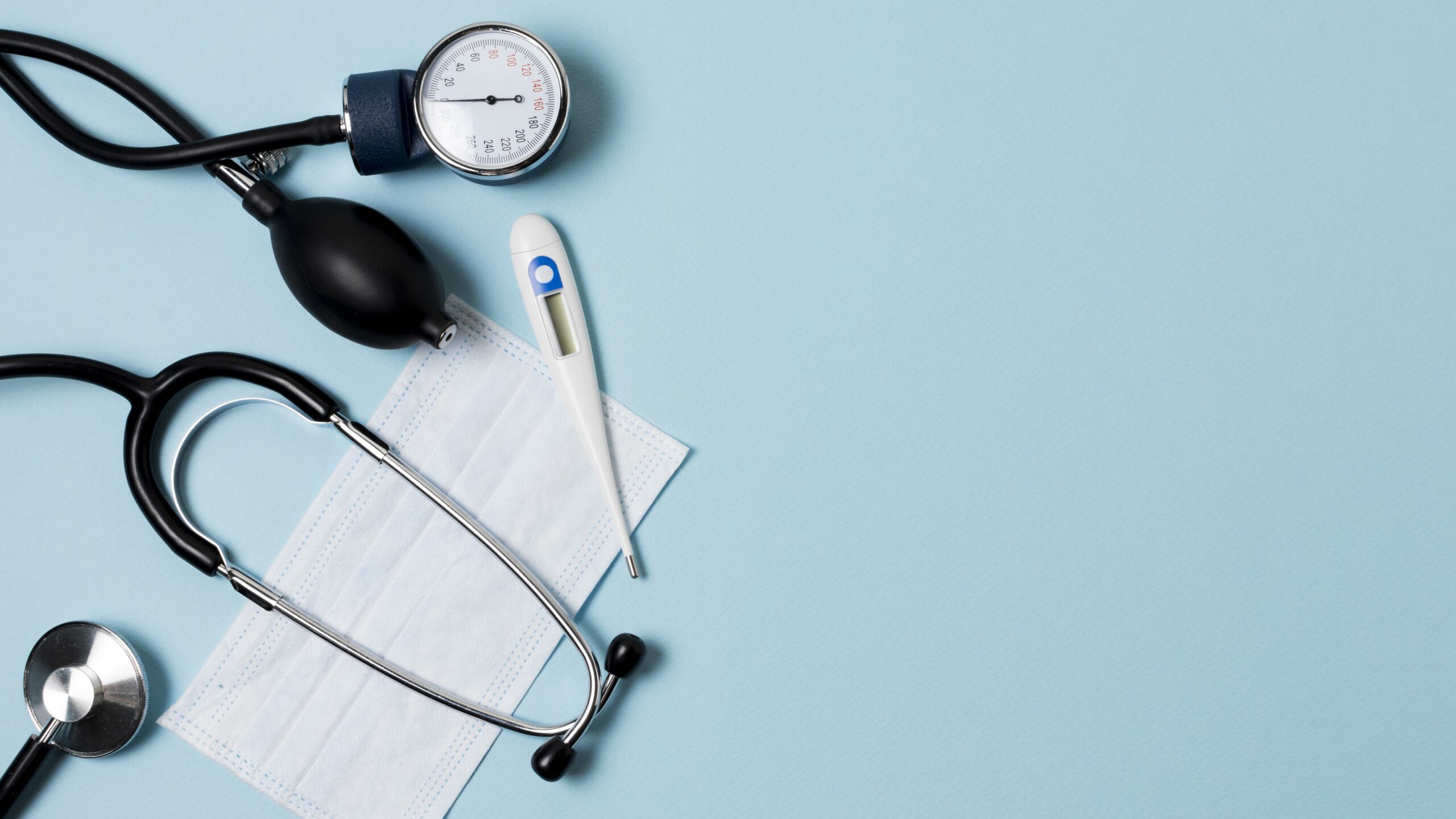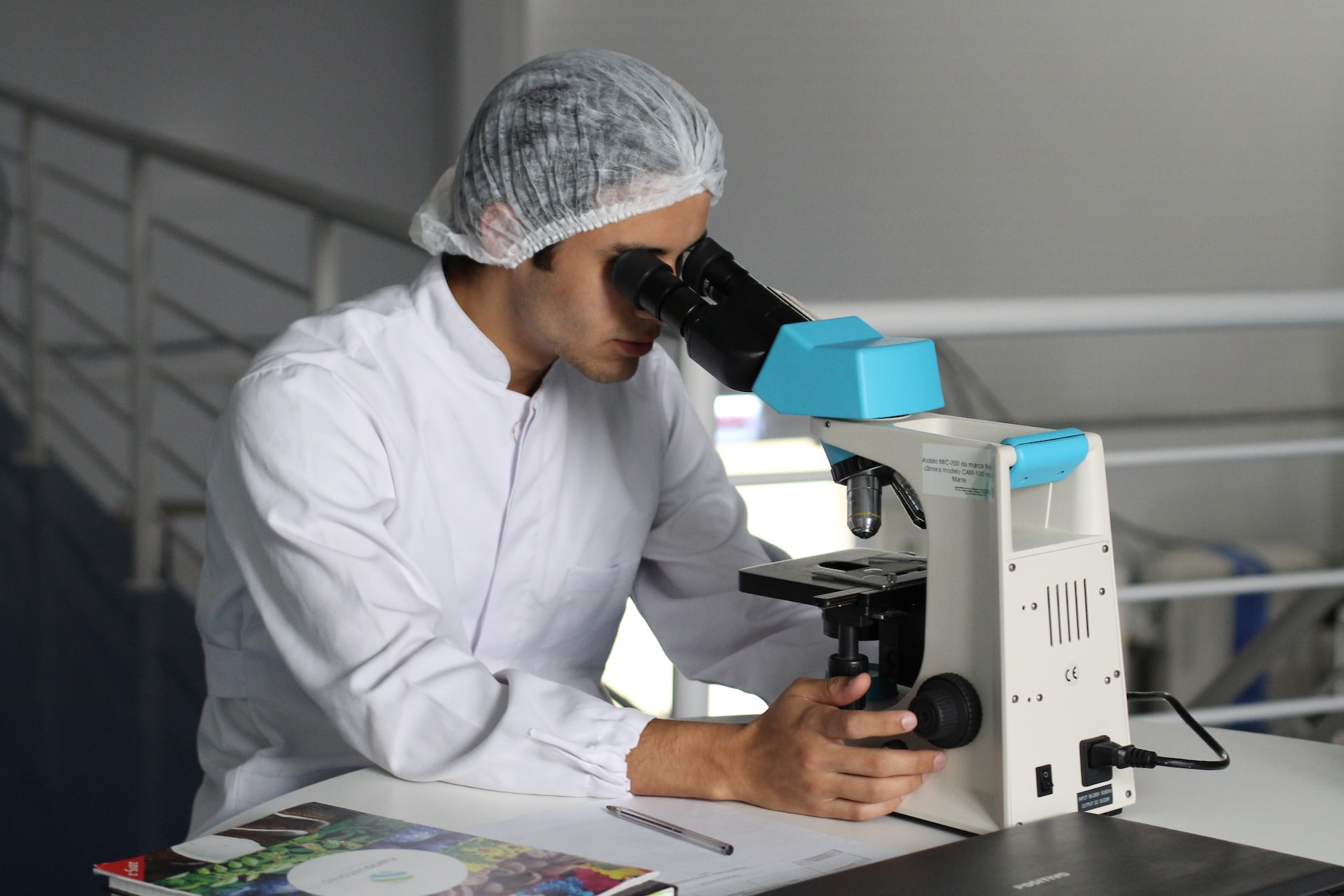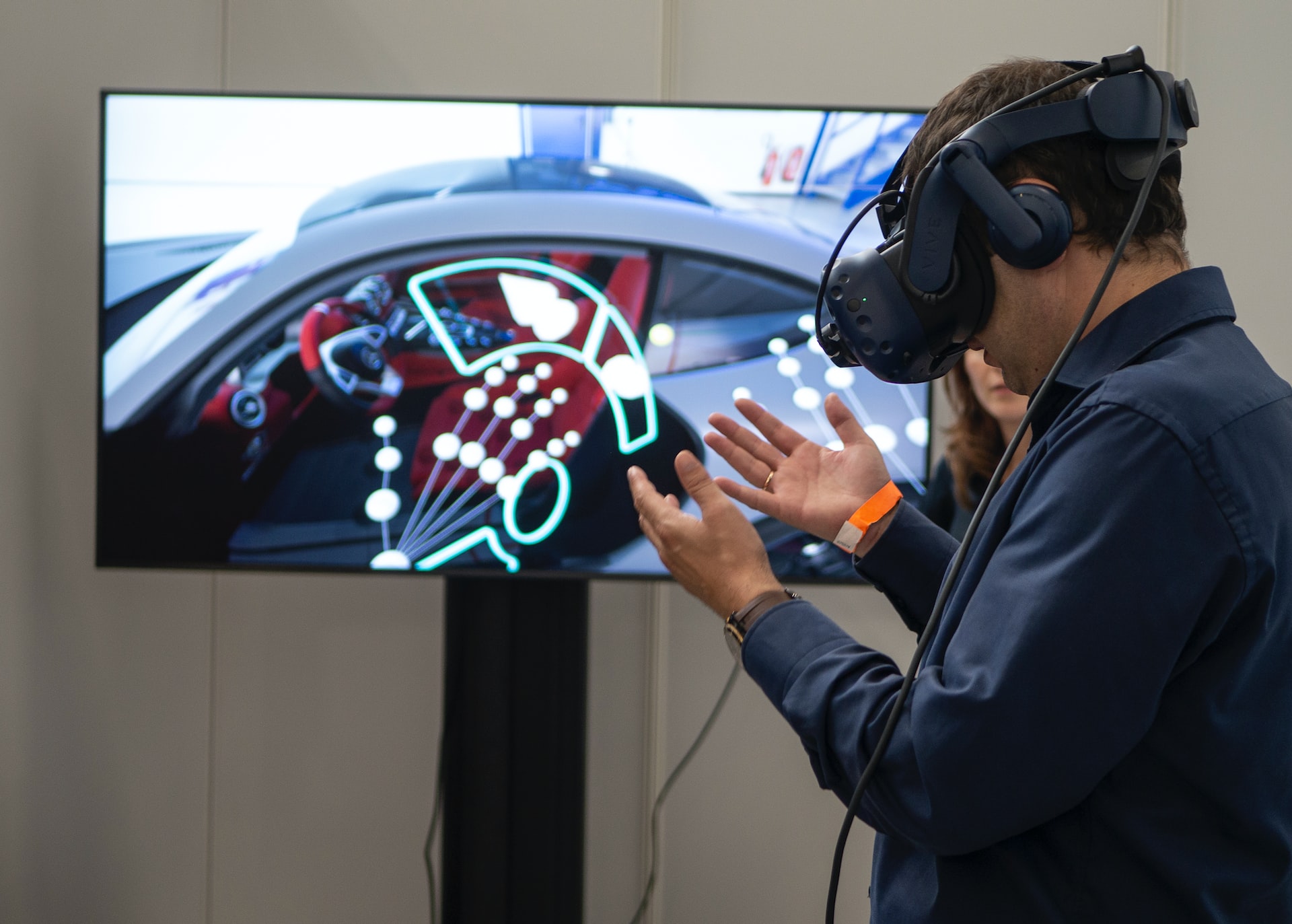When you fall in love you hardly think about how it happens. We are just happy to finally find that very unique person. While love is for sure a unique feeling that comes from the soul and heart, there are also way more material explanations of how we fall for someone. Today, our experts from a popular website specializing in dating in LA share popular biological theories of love.
Is Love Biological or Not?
From a medical perspective, falling in love is based on a whole diversity of biological processes happening in the brain and body. One of the main biological factors that determine whether we will fall in love or not is the release of certain chemicals in the brain, including dopamine, oxytocin, and vasopressin.
- Dopamine. Dopamine is a hormone that is related to getting pleasure and reward. Our body releases dopamine every time we have some positive feelings, such as happiness and satisfaction.
- Oxytocin and vasopressin. These two hormones are involved in social bonding and creating the feeling of attachment.
How do these hormones work?
When we fall for someone, our brain releases a great amount of dopamine, oxytocin, and vasopressin. Altogether, these hormones create feelings of euphoria, bonding, and attachment, as well as influence our heart rate, breathing, and blood pressure.
How do we get attracted to someone?
Overall, attraction is a complex notion that is influenced by many factors, such as physical appearance, personality, similarity, proximity, familiarity, and social influence.
- Physical appearance. There is hardly anyone who would dispute the fact that we pay attention to the appearance of our potential partners. The body shape, facial features, smell, overall attractiveness, and even the clothes and perfume influence our first impression of the person.
- Personality traits. Though we are all looking for particular traits, some things trigger all of us, such as confidence, humor, kindness, and intelligence.
- Similarity. We often choose partners who have similar interests, values, and backgrounds to ours.
- Proximity. It is scientifically proven that we choose partners based on geographical vicinity. We are more likely to fall for someone with whom we spend time or share some territory.
- Familiarity. We are also more likely to fall in love with someone who we already know or someone who knows the people we know well. This factor works a bit like recommendations at work. We are also influenced by the opinions and actions of our peers, so we can get attracted to someone popular or well-liked in our company or community.
Though many people have their explanations of attractiveness, this complex notion can not always be explained with logic and words. This process often has roots in our subconscious that’s why we can get attracted to someone for reasons we don’t fully understand or can’t explain.

What is the role of sent in love?
Unlike other animals, humans rely less on their sense of smell. However, recent research shows that our noses can identify particular chemical signals in a potential partner. These slight signals combined with other information help us estimate the probability of love interest.
In addition, the reward system starts to play. If you have a positive experience with someone whose smell you like, your body starts to seek a similar good experience and focuses on finding this smell later as well.
And what about taste?
All people have particular flavors and breaths. Some people try to hide it using sweets and mints, and this technique even has scientific meaning. Human beings are naturally more attracted to sweet and salty things. Not in vain, sweet things are often associated with romance and dating. Some studies proved that consuming something sweet, say a drink or cake, on a date or while checking the dating app, increases our desire for a potential partner. The brain’s pleasure center is encouraged with a quick dopamine shot, and hence we want to repeat the experience, be it a date or chat.
How does touch trigger love?
Touching can create a strong feeling of pleasure as it provokes a release of dopamine and oxytocin. Such small things as holding hands and kissing gently can bit by bit build a feeling of love inside. However, if a person feels unsafe, the same touch can vice versa destroy even the small feeling of newborn love. So be careful with respecting the boundaries of your partner.
Do you believe that love is triggered by body signals or only the matter of heart and soul?





